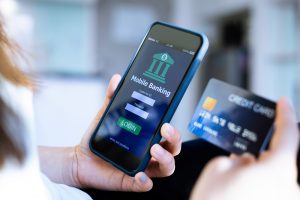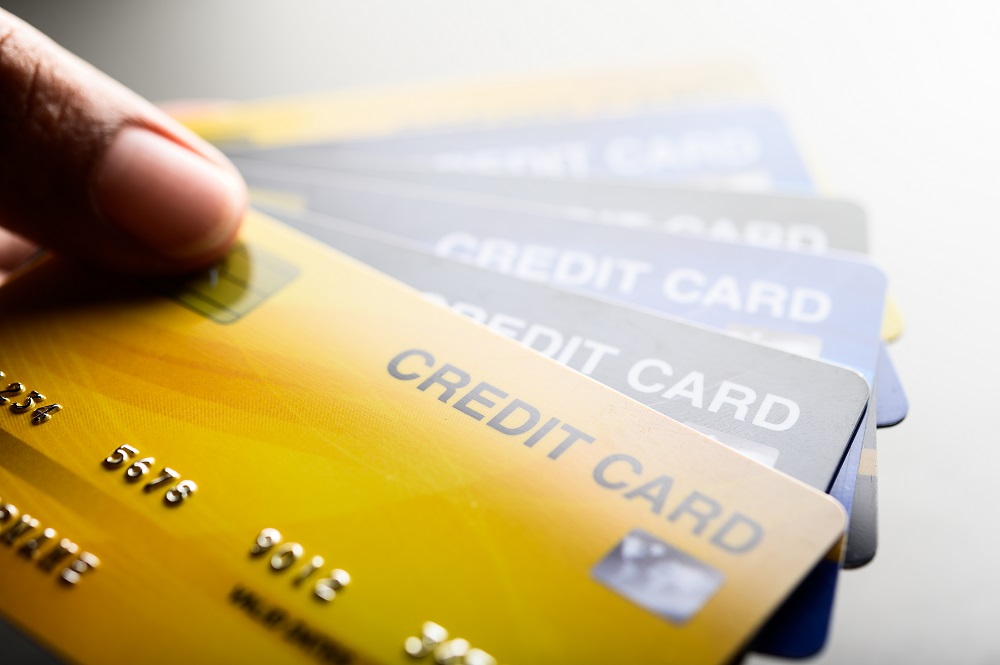- Apply Now
- Courses
- Aged Care Support
- Business Management
- Community Services
- Dental Nursing Courses
- Disability Courses
- Early Childhood Education
- ELICOS / English Language Courses
- First Aid Courses
- Health Services Courses
- Leisure and Health Courses
- Mental Health Courses
- Nursing Program Courses
- Pathology Courses
- Work Health and Safety
- Quality Auditing Courses
- Short Courses / Skill Sets
- About Us
- International Students
- Domestic Students
- Quick Links








